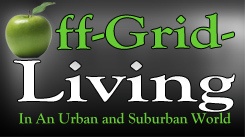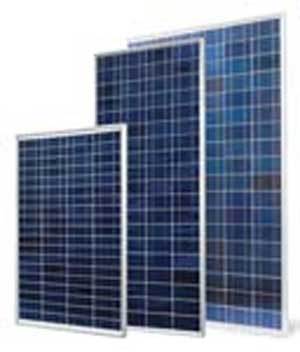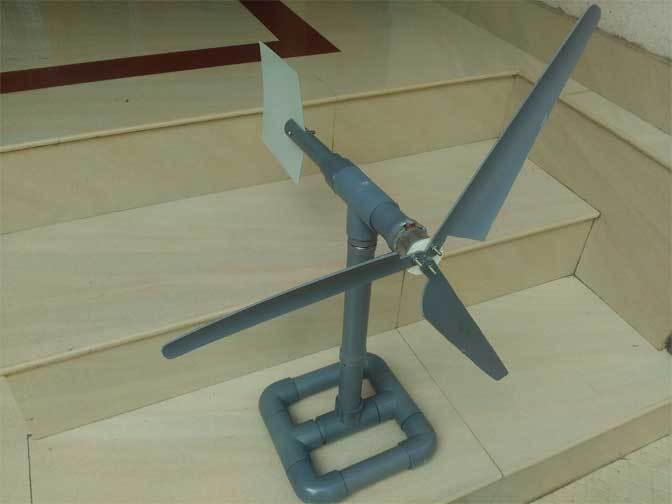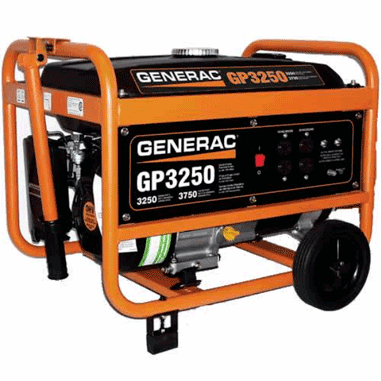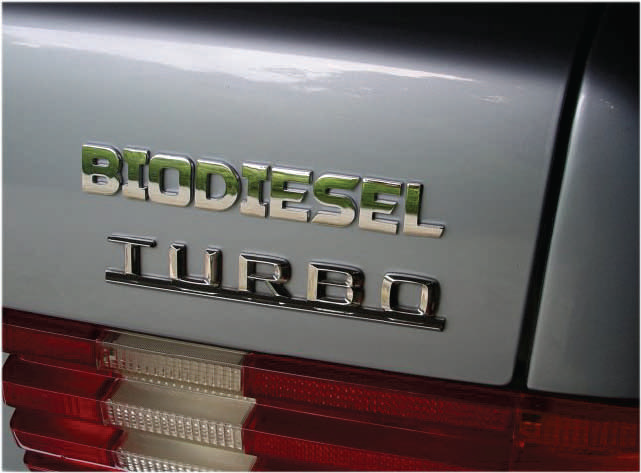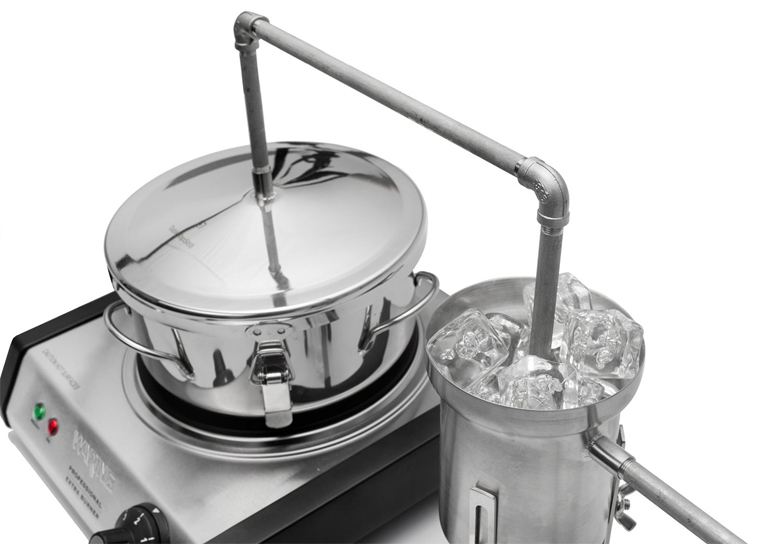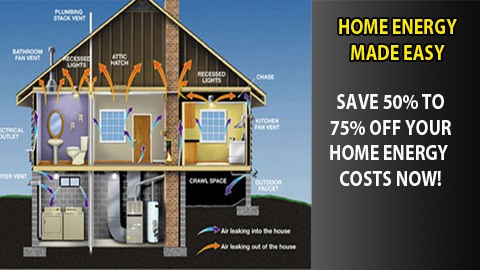How Effective is an Off Grid Solar System?
Sunlight is the cleanest and most abundant energy resource that can be found on earth, so it is somewhat surprising that it is so underutilized.
While residential off grid solar systems have existed for a number of years, there are relatively few households that have chosen to incorporate completely off gird solar arrays, or even hybrid systems.
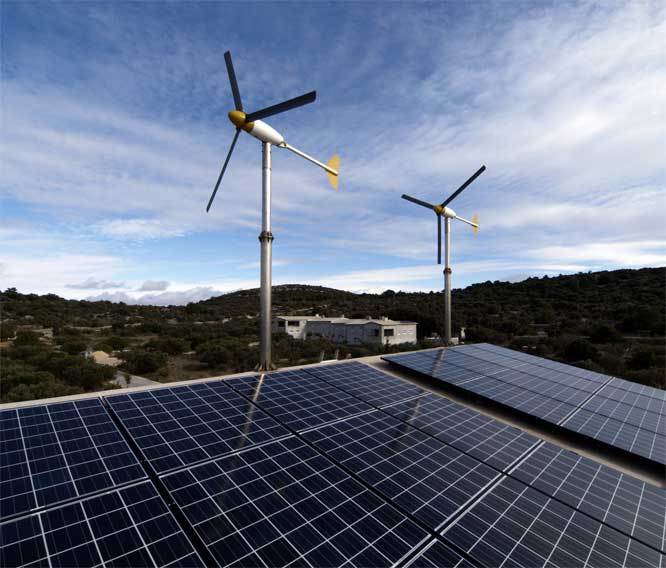
If you’re considering reducing your reliance on commercial and inherently unclean energy sources, then off grid solar power could well be the best solution. From electricity for electronics and cooking, to lighting, and even water systems, solar power can provide the energy that you need to live comfortably, although you will need to make some changes.
Solar Systems Require Lifestyle Changes for Most Households
There are a number of considerations to make before investing in off grid solar systems. You need to consider your basic energy needs, and the hours of sunlight that are typical in your geographic location.
With the average house consuming almost 30kW/hr of electricity per day, 30 solar panels would require a full day of sunlight (in ideal conditions) to meet the energy requirements. Of course, choosing to go off the grid will usually mean some lifestyle changes, specifically because you won’t have the same regular supply of electricity that you would if you were connected to the local utility grid.

Small changes, like eliminating air conditioners, using solar water heating, and eliminating power hungry appliances like microwave ovens, can all reduce the total daily consumption. For many families living off the grid, 10kW/hr of electricity per day is an achievable goal.
You can learn how to reduce your energy usage by 50% to 75% here.
When choosing an off grid solar system, it will be necessary to incorporate an energy storage solution. A battery array can store excess power for use in the evenings, or as a backup on days when generation is below expected levels.
The average inverter and battery system can potentially store up to 30 kW/hr, which will provide energy in an efficient home for up to three days. If your power requirements are higher, then systems can be customized to generate and store more electricity, but it will be important to find a good balance so that costs are not prohibitive.
If you want to reduce your environmental impact, off grid solar power system represents one of the most effective ways to power your home with clean energy. However, it’s not as simple as installing a system and then living as you always have.
When you generate your own electricity, every kW/hr will be highly valuable, and an off grid solar system will be most rewarding when you learn to reduce your overall consumption by slowly making your home more efficient, and less reliant on powered devices and appliances.
Oftentimes an off-grid solar system makes sense in rural areas where it is difficult and expensive to extend existing power lines to connect with the grid (which can cost between $15,000 and $50,000 per mile), but an off-grid system can also make sense elsewhere.
Step One
The first step to installing an off-grid solar electric system in your home is to research the equipment you will need based on what you want the system to accomplish. For all systems to transmit electricity safely, you will need “balance-of-system” equipment to condition the electricity, as well as transmit and/or store electricty for future use. Do you want your system to store power for use when it isn’t producing? If so, you will need a battery storage system and charge controller.
Step Two
Once you’ve decided an off-grid system makes sense, you will need to analyze your electricity load to understand how your energy needs fluctuate daily and annually. Before you determine your system capacity, consider energy efficiency measures that can be implemented. The analyzing stage is the perfect time to have a professional conduct a home energy assessment. (I recommend you do this regardless of if you are considering a renewable energy system.) Having a more efficient home will reduce your electricity use and allow you to potentially purchase and install a smaller (less expensive) system. If you are building a new home, work with the builder to incorporate renewable energy into the home’s design.
To determine your total electricity consumption:
- Multiply the wattage of each appliance by the number of hours it is used each day (be sure to take seasonal variations into account). Generally, power use data can be found on a sticker, metal plate, or cord attached to the appliance.
- Record the time(s) of day the load runs.
Step Three
Think you have all of your ducks in a row now? Not quite. Every jurisdiction is different and has specific rules, regulations, and building codes governing the type of renewable energy systems that can be installed and who can install them. Be sure and check with your state energy office, local officials, and/or a local renewable energy organization to see what requirements apply to your community.
If you want more in-depth info you might try this free download.
